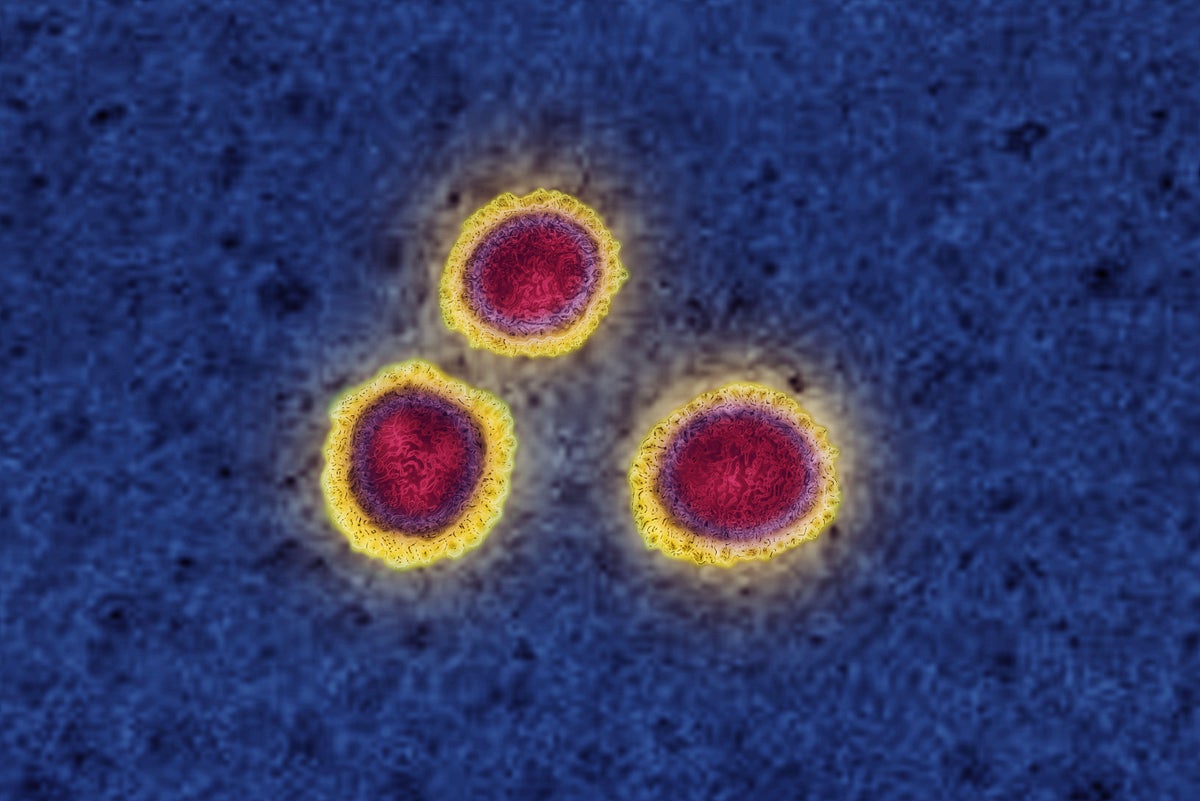daveman
Diamond Member
- Jun 25, 2010
- 76,470
- 29,491
You think black supremacists believe God is white?This is a lie.Many black supremacists allege that Almighty God is black and the honky is the devil
Follow along with the video below to see how to install our site as a web app on your home screen.
Note: This feature may not be available in some browsers.
You think black supremacists believe God is white?This is a lie.Many black supremacists allege that Almighty God is black and the honky is the devil
We are a Republic...the Constitution protects the minority from majority.So you admit we are not a democracy...
Thought we were a democracy?The "mob" cannot overrule anyone's individual rights under the U.S. Constitution. I bet that you would not want to lose your First Amendment right to free speech by majority vote.
Democracy, literally, rule by the people. The term is derived from the Greek dēmokratia, which was coined from dēmos (“people”) and kratos (“rule”) in the middle of the 5th century bce to denote the political systems then existing in some Greek city-states, notably Athens.
Who believes God has skin?You think black supremacists believe God is white?
Who believes God has skin?You think black supremacists believe God is white?
This is a lie.Many black supremacists allege that Almighty God is black and the honky is the devil
So God created mankind in his own image, in the image of God he created them; male and female he created them.Who believes God has skin?You think black supremacists believe God is white?

 yourblackworld.net
yourblackworld.net
Jesus, the man. You should take a look at all the various depictions...everything from the Caucasian you presented, to many Middle Eastern depictions, to quite a few black depictions.The pictorial evidence certainly would make it seem as if He has skin
God is spirit. Tell me, does your own spirit have a skin color, or is that solely your physical appearance?So God created mankind in his own image, in the image of God he created them; male and female he created them.
Fascists disagree with science and educationAnd you believe we devolved from strong as hell monkeys, to each his own
that's where democrats came from.
You think black supremacists believe God is white?This is a lie.Many black supremacists allege that Almighty God is black and the honky is the devil

so you are just repeating what your told,,Well as for the Paleozoic Era..Paleozoic Era | geochronology
King James BibleWho believes God has skin?You think black supremacists believe God is white?
King James Bibleso you are just repeating what your told,,Well as for the Paleozoic Era..Paleozoic Era | geochronology
Cut him some slack, he only evolved from a monkey less than 2 weeks ago
Not based on circulay logic dumb ass carbon 14 decays at a constant rate. The fossil age can be identified.
